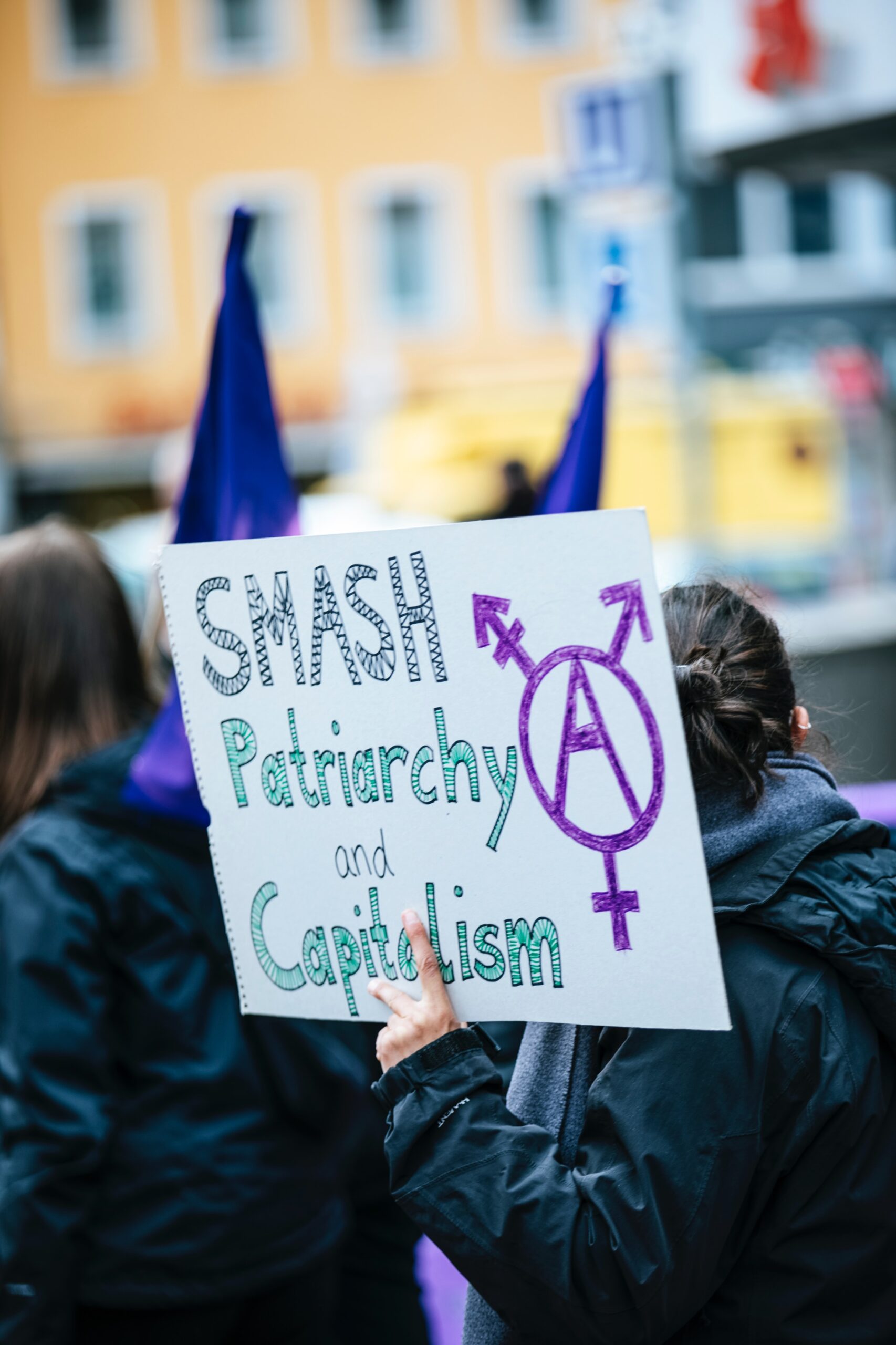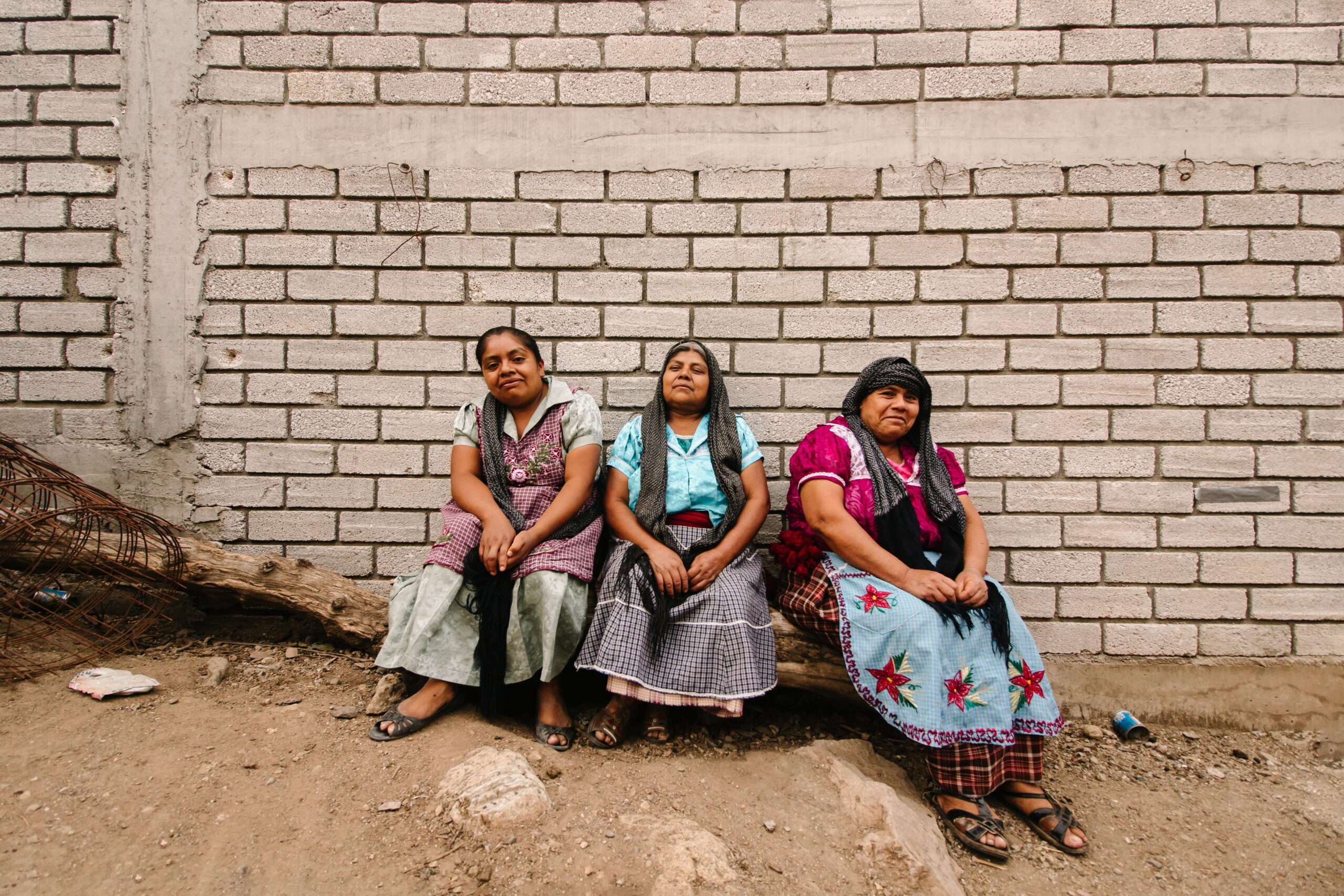By Chloé Vaquette
In 2017, all spheres of our societies were disrupted by the #Metoo movement. The revelations about sexual violence in the film industry have had a huge impact on the media and the public debate. Politicians, artists, and ordinary women began speaking out about their experiences and traumas. Those testimonies took different forms: speech, painting, singing… It is here relevant to focus on the importance of music in the social struggle. It refers to Paula Serafini’s “performative political action,” which refers to mobilizing people to challenge the established regime, particularly in the feminist struggle. Linked to other means of protest, art is an important tool allowing women to be listened to and no longer be voiceless. The French #Metoo movement represents a relevant example because of the consistency of its artistic and feminist uprising and, additionally, because of its culture of protest and denunciation.
‘Balance ton quoi’, the French anthem of the feminist fight
Through several new songs, female artists managed to denounce the sexist problems in French society and, especially, in the artistic milieu. One of them has become an anthem of the feminist fight, known to all feminist protesters: ‘Balance ton quoi’ by the Belgian singer Angèle.
In 2019, this song became a must-have and an emblem of the new feminist generation challenging patriarchy in France. Its title is inspired by the #BalanceTonPorc movement (which can be translated as ‘denounce you aggressor’ referred to here as a pig), which took place on Twitter at the same time as the #Metoo movement. The lyrics and the video clip together form an engaged discourse and act as tools of empowerment and protest by creating a common identity and solidarity. Through a humorous and artistic way, Angèle aims to publicize and popularize the fight against patriarchal violence. She represents, for example, an ‘Anti-sexism academy’ promoting gender equality, empathy, and communication as weapons.
By welcoming everyone and judging sexist cases in a fake court, she shows that everyone (women, men, young/old people, and even herself) can have sexist behavior and that it needs to be changed. She denounces the mental charge, gender and racial inequalities, but also the perpetual questioning of women’s consent. As Paula Serafini asserts in her study of the song ‘A rapist in your path’ (2020), Balance ton quoi promotes “a series of values such as sorority and solidarity, horizontally, collectivity [and] resistance.” The success of this music can be explained by the spread of joy and hope but also by its political objectives. This song and its effects on the feminist struggle can be linked and compared to David Brenner’s study on karaoke as a performing rebellion in Myanmar (2018). Art, especially lyrics and video clips, becomes an instrument for mobilizing and allowing protesters to “[exercise] agency against unjust domination and discrimination.” Moreover, it allows a “social identity formation” through “a cultural site of contestation.”
It’s time to break the rules, a girl who denounces that would be normal
But I’m more than an animal
Let me sing you to go f… yourself
Intersectional empowerment through the anticapitalist and feminist Rosies’ songs
No needs to be an artist to use music as a tool of empowerment and protest. This is demonstrated by the case of the Rosies, a French feminist and anticapitalist association. Through musical covers and dance movements reproduced during marches and demonstrations, those activists denounce the capitalist policy of the French government, which weakens the most precarious, especially women. This intersectional fight, thanks to its means of action, has “a powerful way of signaling presence” and is “reclaiming public space,” according to Charles Tripp (2013), who theorizes the “resistance art.” The symbolism of dance movements is also represented in the Un Violador En Tu Camino, as affirmed by Paula Serafini (2020): singing and dancing allow the protest to attract media attention and pacify the movement during demonstrations with the police presence. It also allows to physically accuse the system of oppression. Rosies’ biggest fight took place during demonstrations against the pension reform in France in 2020 and 2023. Activists and citizens complained that this reform was increasing gender and social inequalities in order to favor the capitalist system. From those events, Rosies created two major resistance and activist songs and dances that illustrate the power of music in denouncing the system: ‘Women on Fire !’ (a cover of ‘Freed from Desire’) and ‘A cause de Macron’ (translatable ‘Because of Macron’ and inspired by ‘A cause des garçons [because of boys]’).
Women on fire ! We enter the fight; The government just tells lies… What a liar [Macron]
Women On Fire
I want to be autonomous; We scream revolution; We are too fed up with the parade of these losers [ministers and capitalist actors]
A cause de Macron
Cover image by Markus Spike




